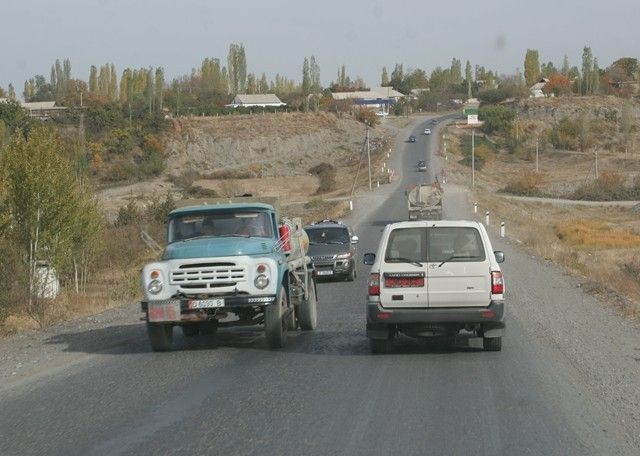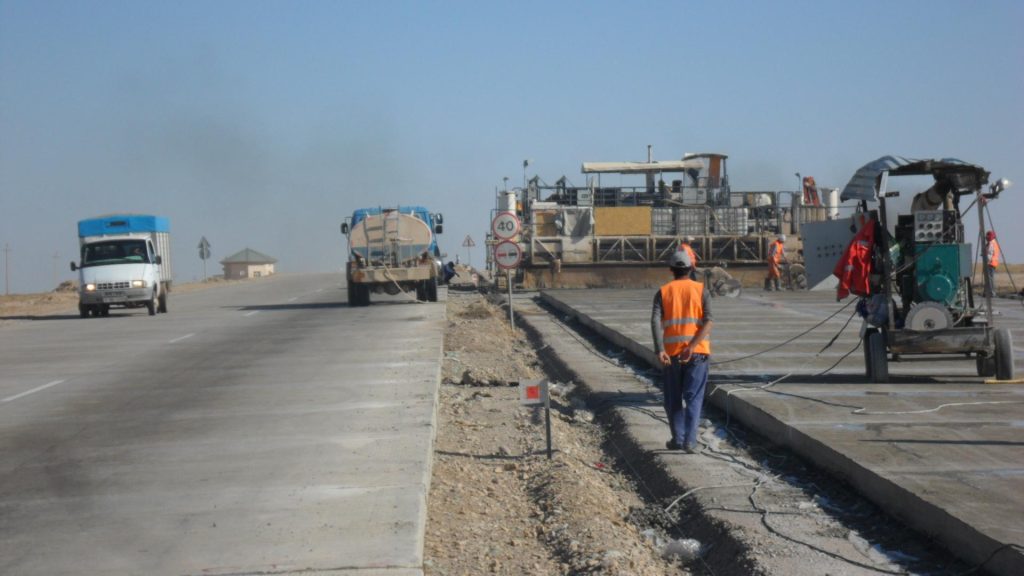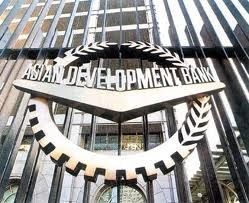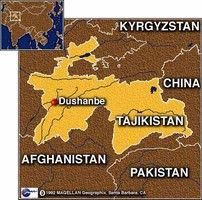BISHKEK (TCA) — On November 10, Prime Minister of Kyrgyzstan Sapar Isakov held an emergency Government meeting to discuss the critical situation on the country’s roads. The Prime Minister signed two Government resolutions, according to which the Main Patrol Police Directorate has been abolished and the Main Directorate for Road Traffic Safety of the Ministry of Internal Affairs will be established. The staff of the new unit will be increased. “Recruitment of employees should be carried out transparently and on a competitive basis. It is necessary to create a new department of professionals who are not involved in scandals and corruption," he said. Road accidents record From November 1 to 9, 2017, 208 road accidents were recorded across the country, in which 42 people were killed and 321 injured. Two accidents, which killed 5 and 10 people respectively, caused a wide public response. In 10 months of 2017, 5,197 road accidents were registered in the country, in which 695 people died and 7,839 were injured. “It is vital to understand what is happening on our roads, and what is the reason for so many road accidents in which our compatriots died,” PM Isakov said. Causes of accidents Since the beginning of 2017, traffic rules violations have risen 12% compared to 2016. According to the Patrol Police, the main causes of the accidents were speeding, violation of maneuvering rules, driving along the oncoming lane, violation of the overtaking rules, and drunk driving. The low level of drivers’ training and the low culture of driving were also among the causes of accidents. Since 2010, the number of vehicles has increased almost 2.5-fold in Kyrgyzstan (from 400 thousand to 1.15 million), Interior Minister Ulan Israilov said. More than 417 thousand vehicles were registered in Bishkek alone. The number of inexperienced drivers has increased, he added. There were cases when traffic accidents were committed in three or four days after receiving a driver's license. Drivers often do not pass traffic rules tests and simply buy a driver's license. Urgent measures needed It is necessary to exclude corruption when obtaining a driver's license, PM Isakov said. He ordered the Ministry of Education and Science to check all of 223 driving schools operating in the country and proposed creating a single testing center for driver's licenses. Isakov reminded that on August 30, 2017, the Government approved an Action Plan to reform the road safety system in Kyrgyzstan. He ordered relevant state bodies to conduct a thorough analysis of the Plan’s implementation within a week. The Ministry of Internal Affairs was tasked to submit a bill providing for toughening of criminal and administrative liability for violation of the Road Traffic Rules. The government needs money from the state budget to install video cameras on the roads, parliament members say. In Bishkek, the patrol police now use special cars with cameras and equipment to record violations and search for cars that are wanted. The MPs proposed that the local governments install cameras and that 50% of the fines...






